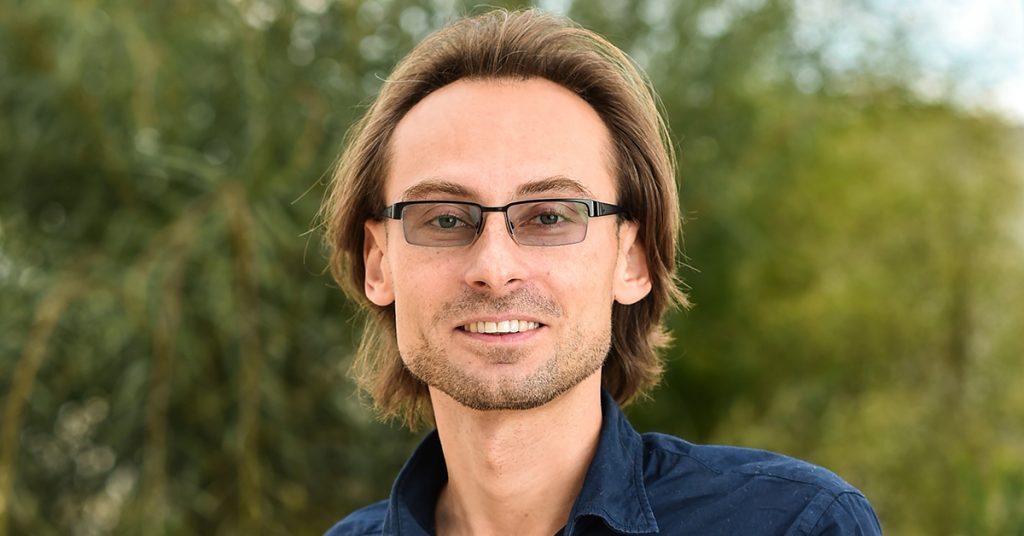Alex Bronstein
Head of the Center for Intelligent Systems and of the VISTA Lab, Technion.
Professor Alex Bronstein is a computer scientist, engineer, inventor, and technology entrepreneur working on theory and applications both in academia and industry. His interests span several fields that can be broadly classified as “data science”.
At the Technion, he heads the Center for Intelligent Systems in the Department of Computer Science.
In the industry, Alex participated in various capacities in start-up companies, some of which successful and some other less so.
3 questions to Alex Bronstein
What do you appreciate most about working at your university and/or your department?
I like the amazing, multi-talented people – both my colleagues and the students, and the environment that brings them together. Since I joined the Technion in 2016, I happened to work on projects in computer vision, computational imaging, medical data analysis, prosthetics, and even structural biology, computational chemistry and finance.
And this extends beyond science. We have a grand piano at the faculty and some students are really superb musicians. I discovered by chance that one of my colleagues is a wonderful coloratura soprano and we often meet by the piano to sing songs and opera arias (she sings, I play).
About which topic could you talk for hours?
I can talk for hours about the emerging role of artificial intelligence in future generations’ lives, about fundamental ontological questions related to intelligence and consciousness in general, and how AI coupled with the progress in neuroscience may affect such essentially “human” endeavors as art, literature and music.
What project or endeavour are you looking forward to?
In the past few years, I discovered the universe of structural biology thanks to my colleague Dr. Ailie Marx. We have been working on a dogma-shattering hypothesis suggesting that protein structure is affected by synonymous genetic coding. We already have a mountain of statistical evidence possibly suggesting the validity of our hypothesis, and I am looking forward to confirming it experimentally.






